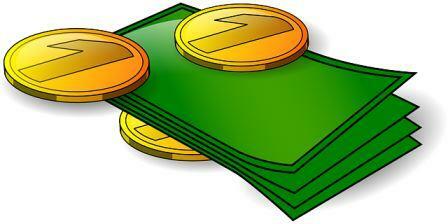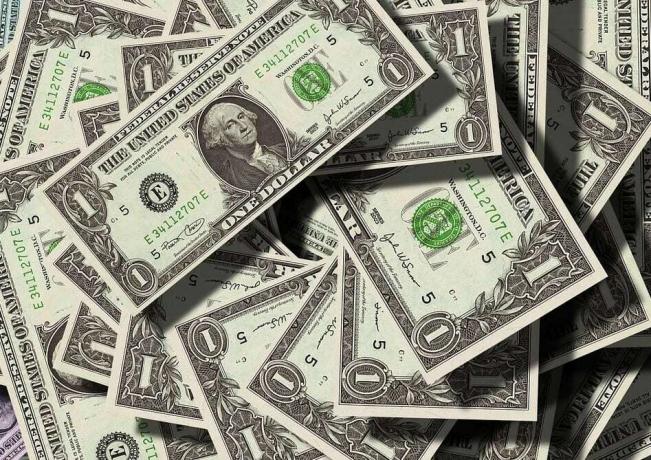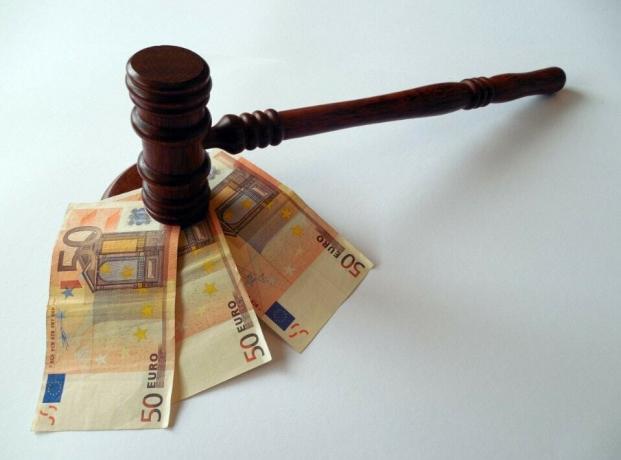The primary function of money is intermediation in the exchange process. The goods have a price, which is derived from the relative value of some goods with respect to the others. These relationships have their origin in the comparison of the value of said goods and in market contingencies.
 15
15
Advertisements
In the economy money fulfills the following functions:
- As a means of circulation: serves as an intermediary in the process of movement of goods. This function is momentary, since once the exchange of money for merchandise has been made, it begins to serve immediately to carry out another transaction with other merchandise. This allows the constant substitution of money in its medium formation by its representatives such as paper money and fractional coins of incomplete value. The development of the mercantile-capitalist economy highlights the power of money, that is, the power of the rich over the poor.
-
As a measure of value: allows the transfer of purchasing power from the present to the future. Money provides the material to express the value of the rest of the commodities. The value expressed by the merchandise is considered its price.
- As a means of accumulation or hoarding: This function can only be performed by full-value money, for example bullion or other gold items and coins. Previously, thanks to the circulation of gold coins, it was of utmost importance since it served as a spontaneous regulation of monetary circulation in those countries considered capitalist.
- As a means of payment: this function takes place when the process of buying - selling a particular merchandise is carried out through credit, that is, with a deferral in payment. Pagan money in this way will enter into circulation when the payment term expires, but not as a means of circulation but as a method of payment. It will also fulfill these functions in the payment of taxes, land rent, loan operations and in the payment of salaries. This function of money enables the reciprocal settlement of debtor obligations and makes it possible to save money in cash.
- Like World Money: in this function, money acts as universal money in the world market and in the payment system that exists between the various countries of the world. In capitalism the role of money changes becoming capital, in turn capitalist society uses money in the current functions of simple producers of commodities, while in socialist society money expresses socialist relations of production are used for rapid growth of social production and welfare from town.


